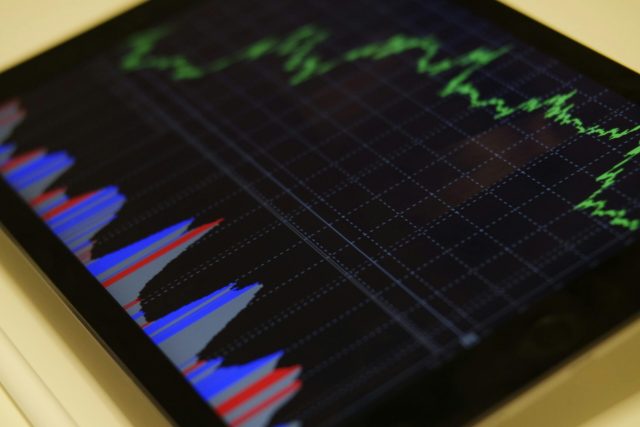In the dynamic world of trading commodities and assets, staying informed on global financial news is not just beneficial—it’s essential. The markets are incredibly sensitive to geopolitical events, economic indicators, and even rumors or speculation. For traders, having a finger on the pulse of global financial news can mean the difference between capitalizing on opportunities and missing out, or worse, incurring losses. This article delves into why following global financial news is crucial for traders, especially those involved in commodities and asset trading.
The butterfly effect in global markets
The interconnectedness of global markets means that events in one part of the world can have ripple effects across the globe—often referred to as the butterfly effect. For example, a political upheaval in a country that’s a major oil producer can cause oil prices to spike, affecting not only energy stocks but also the broader market. Similarly, changes in monetary policy by major central banks can influence currency values, which in turn can impact digital currencies as well. Traders who are attuned to these developments can adjust their strategies accordingly, potentially safeguarding their investments or even profiting from the volatility.
Economic indicators and market sentiment
Economic indicators such as GDP growth rates, employment figures, and inflation rates are closely watched by traders for insights into market direction. Positive data can buoy markets, while negative data can lead to sell-offs. Moreover, the anticipation of these releases can itself drive market sentiment and create trading opportunities. By following trading news, investors can anticipate these movements and position their portfolios advantageously.
Geopolitical events and commodities trading
Commodities markets, in particular, are highly sensitive to geopolitical events. Conflicts, trade negotiations, currency swaps, sanctions, and changes in government policy can all lead to significant price movements. For commodities traders, understanding the geopolitical landscape is crucial. For instance, sanctions on a major oil-producing country could reduce global supply, leading to higher oil prices. Traders who keep abreast of these developments can make informed decisions about when to enter or exit positions in affected commodities.
Technological advances and innovation
The rapid pace of technological advancement and innovation also plays a significant role in shaping markets. Developments in renewable energy, electric vehicles, and biotechnology, for example, can impact the demand for commodities like oil, lithium, and agricultural products. Following financial news helps traders track these trends and understand their potential impact on commodity prices and asset valuations.
Regulatory changes and market impact
Regulatory changes in major economies can have far-reaching effects on global markets. For traders, being aware of pending or enacted regulations related to trade, environmental protection, and financial markets is crucial. Such changes can alter the competitive landscape, affect profitability, and lead to significant market revaluation. Traders who stay informed about regulatory developments can better navigate these shifts and adjust their trading strategies to mitigate risks or seize new opportunities.
The importance of diverse news sources
Given the complexities of global markets, relying on a single news source for information is insufficient. Traders should seek out a variety of reputable news outlets, financial analysis platforms, and industry-specific publications to get a well-rounded view of the financial landscape. This approach ensures a more comprehensive understanding of the factors influencing markets and helps traders differentiate between short-lived trends and long-term shifts.
Timing and trading
In trading, timing is everything. News travels fast, and markets can move quickly in response to new information. For traders, having timely access to financial news can be a critical advantage. This not only means following live news feeds and updates but also understanding the context and potential market implications of new information. The ability to quickly analyze and act on financial news is a skill that, when honed, can significantly enhance a trader’s success.
Risk management
In the intricate dance of trading commodities and assets, following global financial news is not just a strategic advantage; it is a cornerstone of effective risk management. This pivotal aspect of trading involves not just identifying potential risks but actively managing and mitigating them to preserve and grow capital. Market volatility can be both a risk and an opportunity for traders. By closely monitoring global financial news, traders can anticipate events that might lead to increased volatility. For instance, upcoming elections, central bank meetings, or significant economic data releases can all cause market fluctuations. Traders who are ahead of these events can adjust their trading strategies—whether by reducing position sizes, setting tighter stop-loss orders, or hedging positions—to manage risk more effectively.
Conclusion
For traders involved in commodities and asset trading, following global financial news is not an option—it’s a necessity. The ability to interpret and act on financial news can provide traders with a competitive edge, enabling them to navigate market volatility, capitalize on trading opportunities, and manage risk more effectively. In the fast-paced and interconnected world of trading, being well-informed is a key determinant of success. Therefore, cultivating the habit of following global financial news and developing the analytical skills to assess its impact on markets is essential for any trader aiming to achieve long-term success in the financial markets.

















